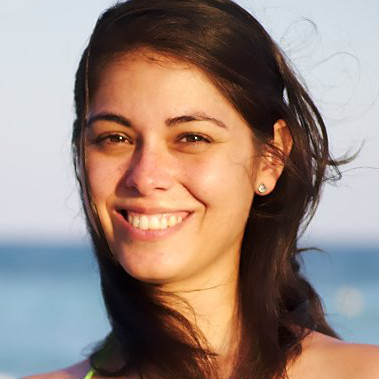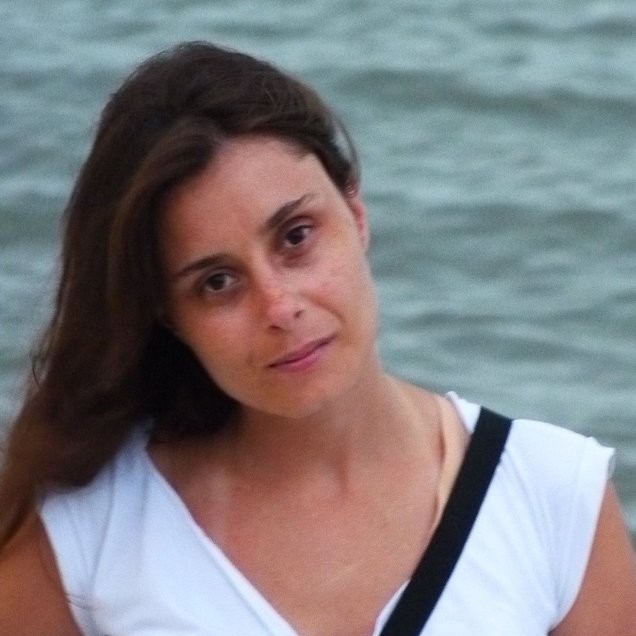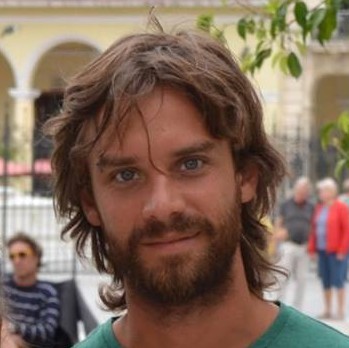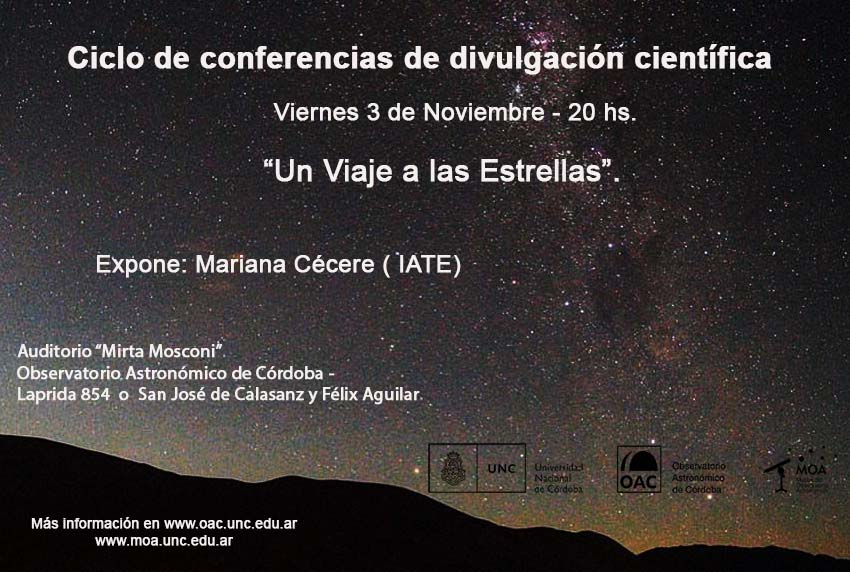X. S. Ramos1,2, C. Charalambous1, P. Benítez-Llambay1,2 and C. Beaugé1 1 Instituto de Astronomía Teórica y Experimental, Observatorio Astronómico, Universidad Nacional de Córdoba, Laprida 854, X5000BGR, Córdoba, Argentina e-mail: xramos@oac.unc.edu.ar 2 Niels Bohr International Academy, The Niels Bohr Institute, Blegdamsvej 17, 2100 Copenhagen Ø, Denmark Resumen En este trabajo (2017A&A…602A.101R) presentamos…






